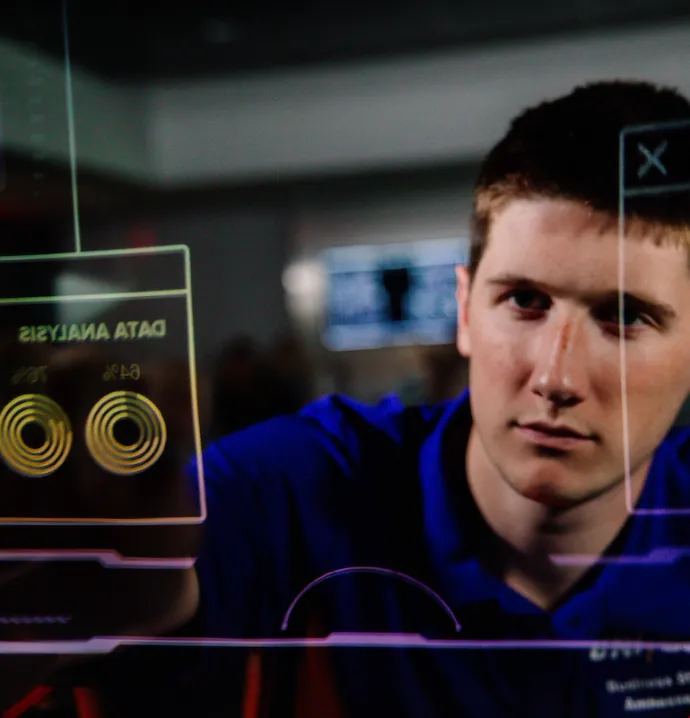Scammers have not fallen victim to COVID-19
Scammers have not fallen victim to COVID-19
The COVID-19 epidemic has revealed that scammers are still alive and well. They nimbly offered nostrums to prevent or cure the virus to naïve buyers within a few weeks of the epidemic’s explosion. In doing so, the medical quacksters have lived up to their predecessors: let no health scare or new technology go to waste.
One wonders how Americans can be so gullible in an age of instant communication and diffusion of scientific findings. Then again, the dream of avoiding illness and the associated suffering has not abated.
Purveyors of phony cures have existed for millennia. Ancient Greeks and Romans sought relief from a variety of sources. Until the germ theory was developed back in the 1870s, most medical practitioners were groping in the dark to either explain, to cure, or to mitigate diseases. By the nineteenth century, medical fraudsters could suppress pain, at least temporarily, with their patent medicines (the name was patented, not the chemical composition) that were laden with alcohol, opiates, or other drugs. Trained physicians probably offered painful treatments (bleeding, anyone) and thought pain was a good thing, in many cases.
With the development of the germ theory of disease--an intellectual revolution probably more important for day-to-day living than Copernicus’ ideas about the heliocentric solar system-- along with rapid advances in chemistry, the medical fraudsters should have been on the retreat. Patent medicine purveyors, however, were nothing if not resourceful. They exploited people’s fear of germs and touted their products as efficacious in eradicating germs.
Cheap newsprint enabled patent medicine sellers an efficient way to reach ever-larger audiences. Instead of going from town to town in a colorful wagon, a fraudster could simply advertise and, if successful, watch the money roll in.
Even the advent of the telephone and more efficient law enforcement failed to deter the unscrupulous from exploiting the credulous. To be sure, some of the credulous were sophisticated people, sometimes desperate for a cure, or at least a respite from pain and suffering. In a sense, the fraudsters were particularly cruel in preying on people in dire straits.
There were some patent medicine sellers, who sincerely believed that their remedies were beneficial. In some cases, their non-traditional balms were effective. Not until the 1930s was the medical profession able to do a lot more than set broken bones, remove some balky organs, and so on. Without the wonder drugs of the mid-twentieth century, medical practitioners were often helpless in the face of germs and viruses.
Today, medical science has progressed far in advance of even twenty or thirty years ago. Of course, some of today’s conventional wisdom in medicine will prove to be erroneous. Even with these advances, however, medicine is unable to cure or palliate many diseases or chronic conditions, leaving opportunities for unscrupulous sellers.
Given the confusion surrounding the COVID-19 during the first six months of 2020, it was understandable that crooked sellers would exploit people’s fears and ignorance. The Internet has proven a boon for people selling dubious products, medical or not. The attempt to ferret out such products resembles a Whack-a-Mole game; closing down one dubious source usually means it pops up elsewhere under a different name.
Sellers of dubious products can also rely upon duped customers’ reticence to admit to being swindled. Dudley LeBlanc sold Hadacol for many years during the twentieth century. LeBlanc claimed his product was effective against indigestion, insomnia, and irritability – an incompatible trio. Other purveyors marketed their products as effective om dealing with “women’s problems” or “man problems.” They shrewdly guessed that a man buying a cure for, say, impotence, would be unlikely to go to authorities and admit to being duped.
Today’s sellers can easily hide by using the Internet to camouflage their identities. They can also operate offshore. Even though the Internet also provides customer reviews and regulators’ findings regarding the efficacy of many products, there are still enough people willing to take a chance and to purchase dubious products. Of course, these people are partially responsible for keeping fraudsters in business.
Perhaps it is comforting to know that technology and viruses may evolve, but human credulity seems everlasting.
The views and opinions expressed are those of the author and do not imply endorsement by the University of Northern Iowa.




